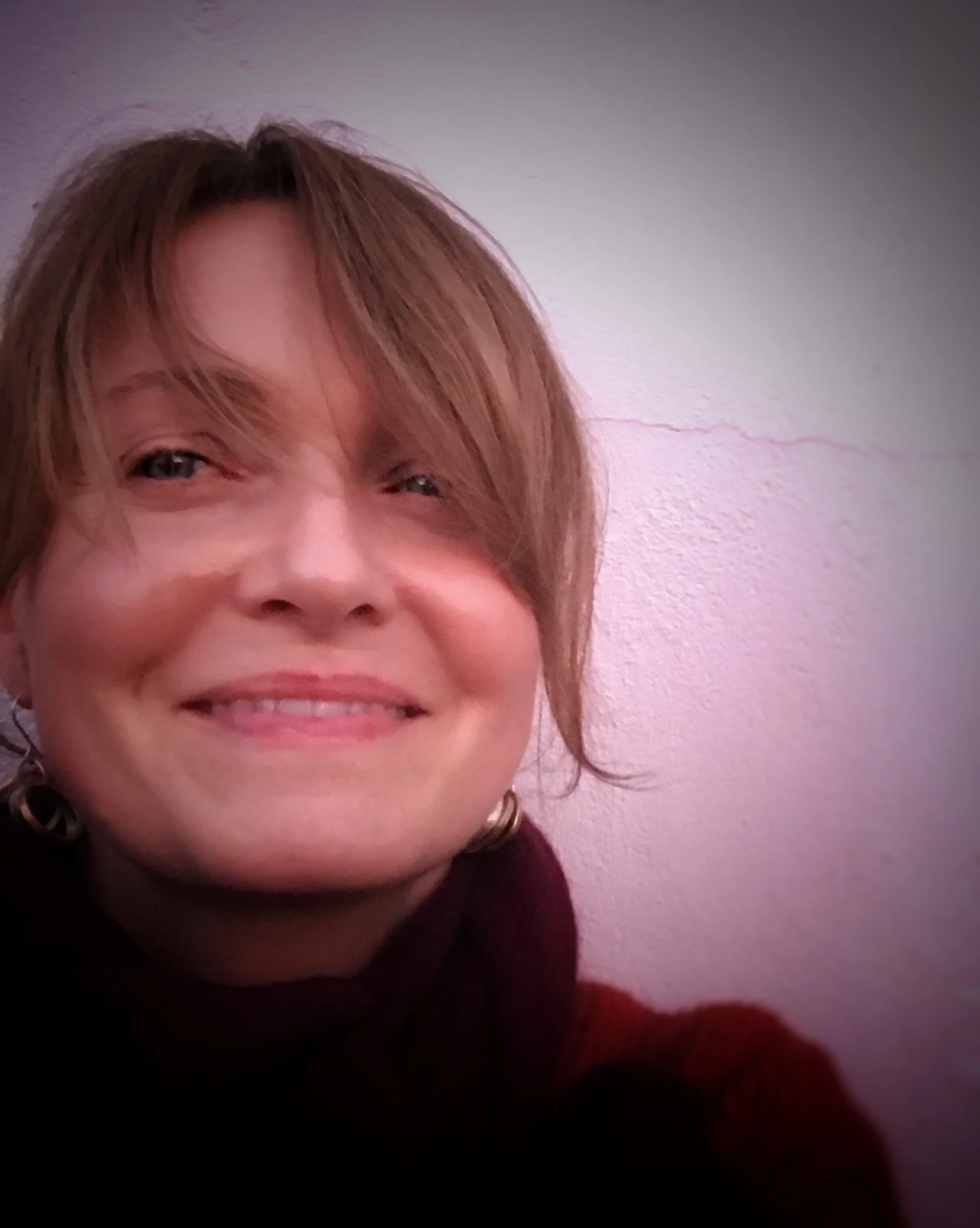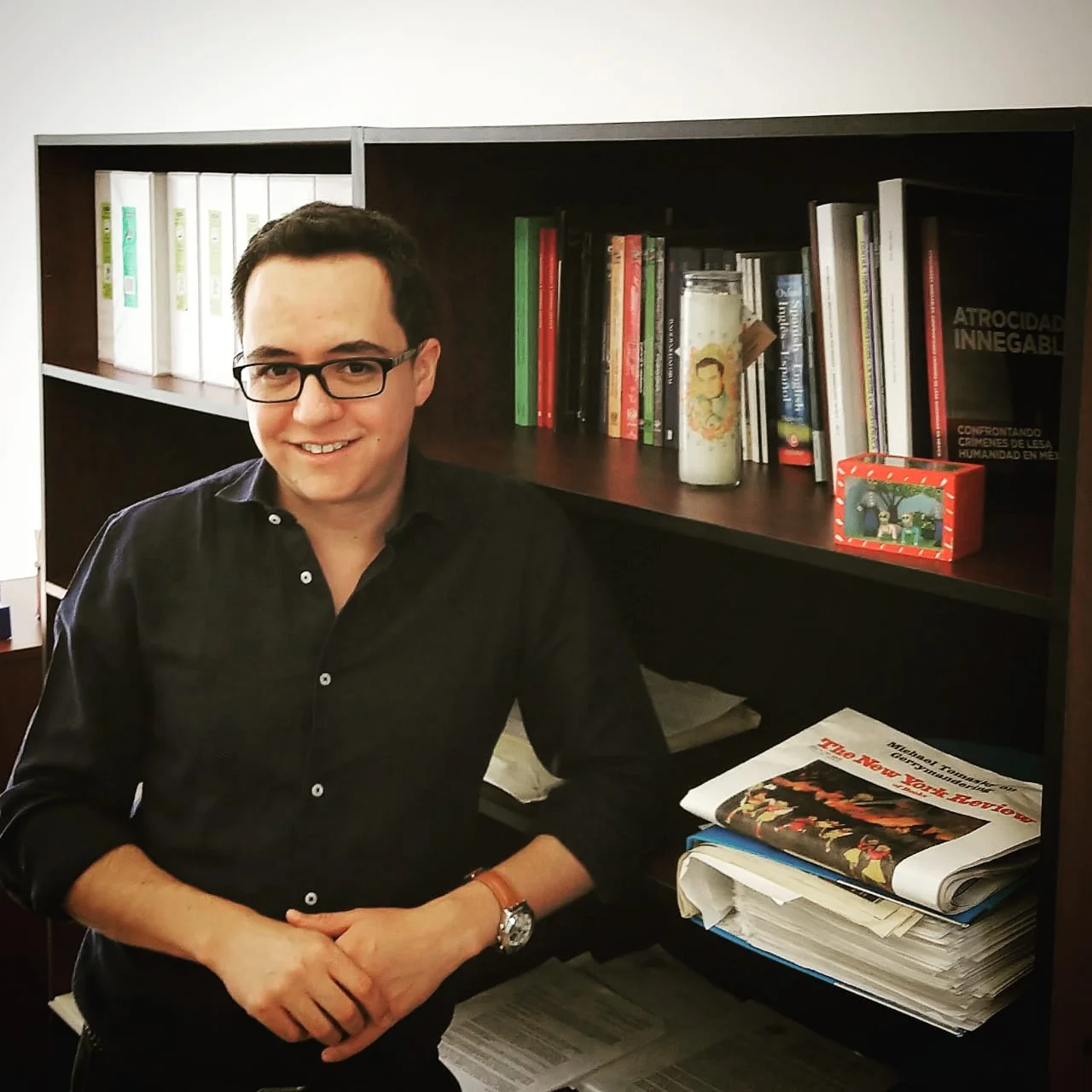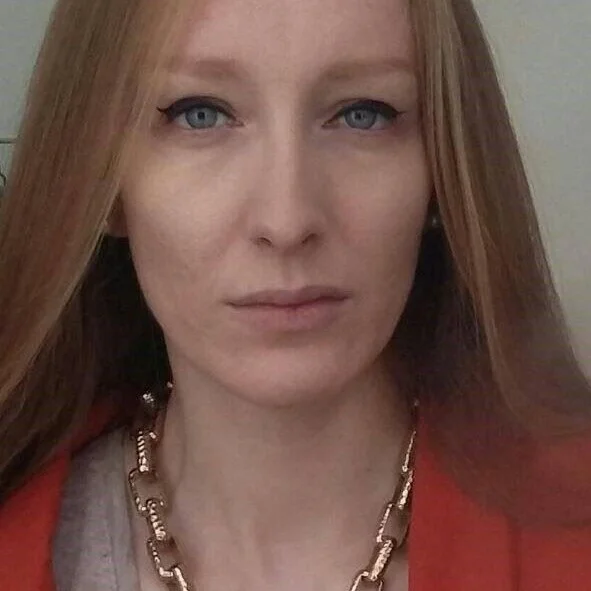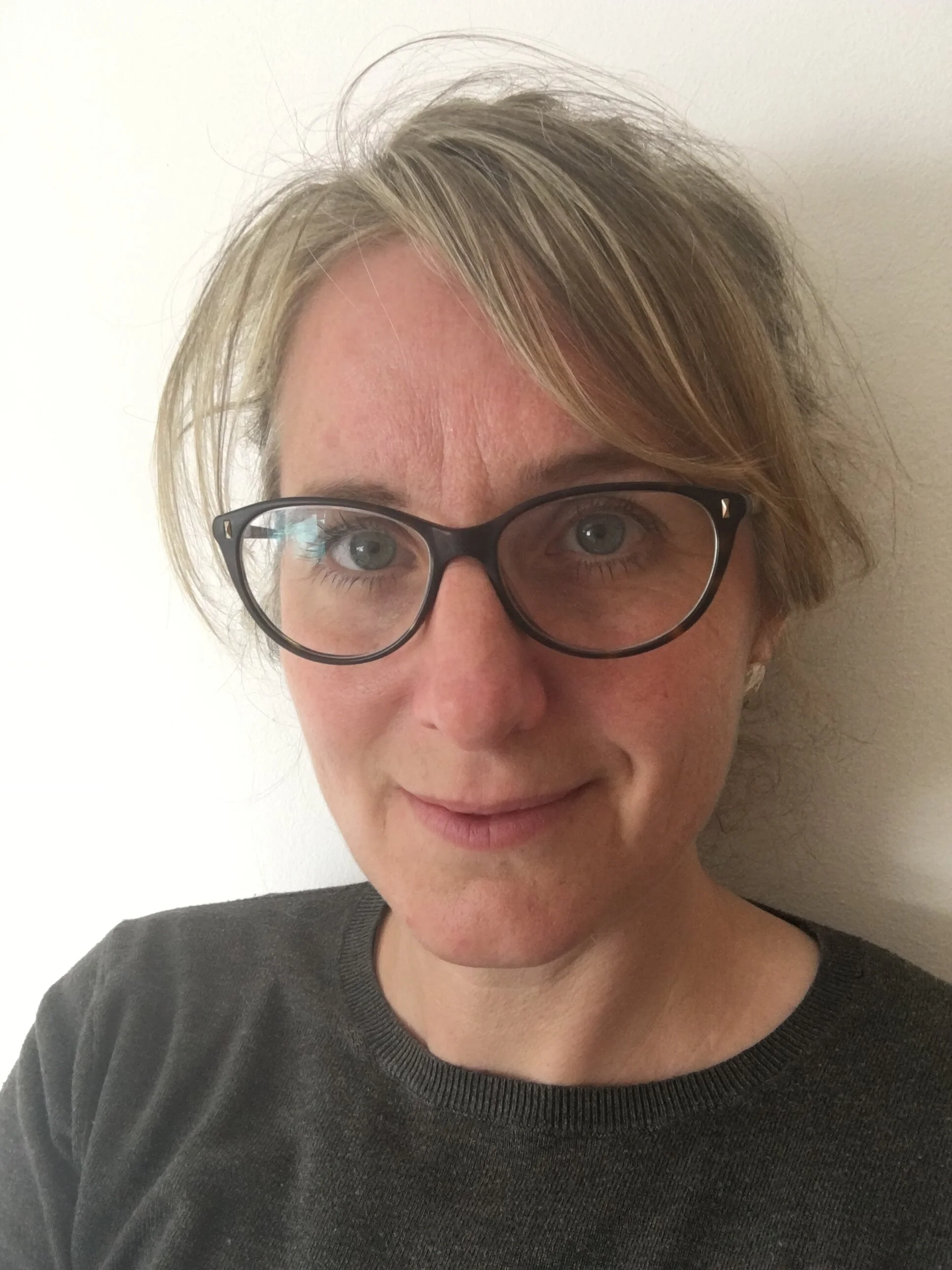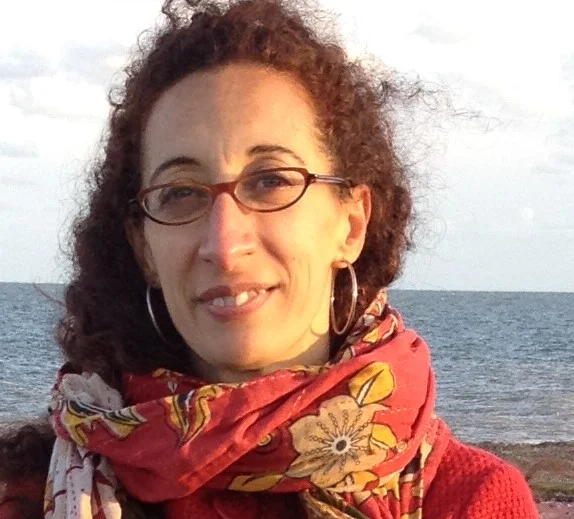CLAIRE MOON, Principal Investigator
Dr Claire Moon designed and directs the project.
Claire is an Associate Professor in the Department of Sociology at the London School of Economics and Political Science (LSE). She is a member of LSE Human Rights and an Associate of LSE’s Latin America and Caribbean Centre. She sat on the Advisory Board of LSE Human Rights for ten years, and is currently a member of the Advisory Board of Birkbeck’s Centre for Researching and Embedding Human Rights. She has also served on the international advisory board of a citizen-led forensics organisation of families of ‘the disappeared’ in Mexico and is currently working with the UN Special Rapporteur on Extra-Judicial, Summary or Arbitrary Executions on issues surrounding the rights of the dead.
Claire has degrees in literature, international relations, and politics. Her research has engaged with broad themes such as the nation, justice and human rights. It spans the sociologies of politics, crime, law, violence, knowledge, science and death. She has published widely on topics including transitional justice (particularly in South Africa and Argentina), the politics of reconciliation, reparations to victims of atrocities, war trauma, human rights, humanitarianism, forensic investigations of atrocity and the rights of the dead. She is the author of Narrating Political Reconciliation: South Africa’s Truth and Reconciliation Commission and is currently writing a second monograph on the history, politics and ethics of forensic exhumations of mass graves entitled Extraordinary Deathwork. Claire is also, along with Javier Treviño-Rangel (Research Consultant on Human Rights, Human Remains), conducting research on the social denial of atrocities and the stigmatisation of victims in the context of Mexico’s ongoing drugs war.
JAVIER TREVIÑO-RANGEL, research consultant
Dr Javier Treviño-Rangel acts as consultant to the project on the Mexico case.
Javier is currently a Senior Lecturer in Criminology at Northumbria University. He is also a Visiting Fellow in the Department of Sociology at LSE. Prior to moving to the UK he was an Assistant Professor in the Cátedras-CONACYT Drugs Policy Program at the Centro de Investigación y Docencia Económicas (CIDE) in Aguascalientes, Mexico. His research interests include transitional justice, grave violations of human rights, bystanders and public responses to atrocity, and international undocumented transit migration in Mexico.
His new webpage is forthcoming.
LAURA TRADII, RESEARCH officer
Dr Laura Tradii is a Research Officer on the project.
Laura is a social anthropologist and historian working at the intersection between the two disciplines. She specialises in the history and anthropology of war and conflict, with a particular focus on the practices, debates, and ethics pertaining to the management and disposal of fallen soldiers in WWI and WWII. Her PhD project at the University of Cambridge, sponsored by a Vice Chancellor’s Award, explored the long intersecting afterlives of WWII and GDR in contemporary East Germany. It entailed 15 months of ethnographic fieldwork and archival research. Laura holds a MSc in the History of Science, Medicine and Technology from the University of Oxford.
Her research interests include war history, the body, mass death, exhumations, as well as the cultural history of technology.
Her website is here
AIMEE MIDDLEMISS, RESEARCH officer
Dr Aimee Middlemiss is a Research Officer on the project.
Aimee is a sociologist with research interests in death, personhood, kinship, and bodies. Her PhD was on the reproductive politics of second trimester pregnancy loss in England, funded by the ESRC at the University of Exeter. She has conducted feminist ethnographic work she drawing on multiple methods including participant observation at memorial events and sites, and analysis of legal texts and medical guidelines. She has an interest in the ways in which biomedical and governance discourses are enacted on the body, specifically on the bodies of pregnant women and the dead and dying foetus.
Aimee has training in social anthropology (Cambridge), science and technology studies (Exeter) and sociology (Exeter).
In the past, she has worked as a news producer on BBC Radio Four, and as a Further Education Anthropology teacher in Cornwall.
Her webpage is here.
Lourdes Hernandez-Martin, public engagement officer
Lourdes Hernandez-Martin manages public events and social media for the project.
Lourdes is the Language Co-ordinator for Spanish Projects and Arabic at the Language Centre of the London School of Economics. She holds an MSc in Human Rights and, during her professional life, has been involved in research and campaigning on human rights in the Middle East and Latin America. She has extensive experience of organising events including conferences, exhibitions, films screenings and talks.
Her webpage is here.
